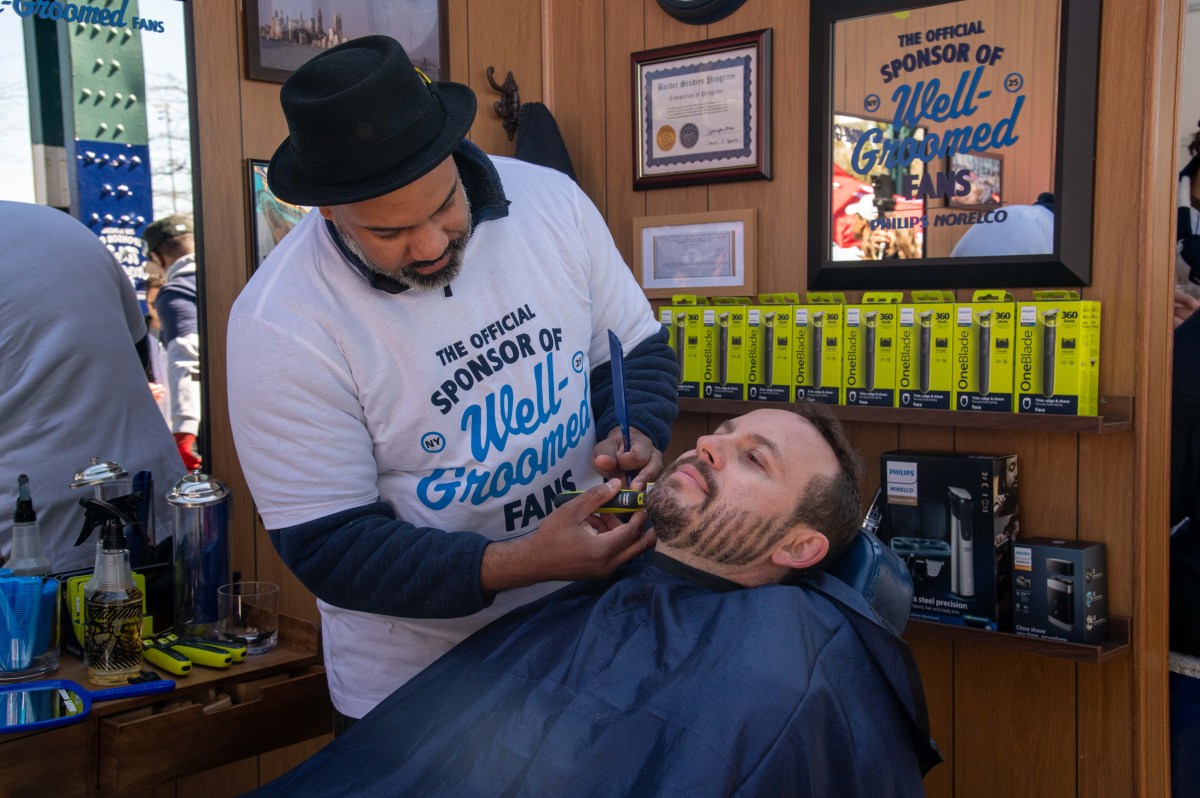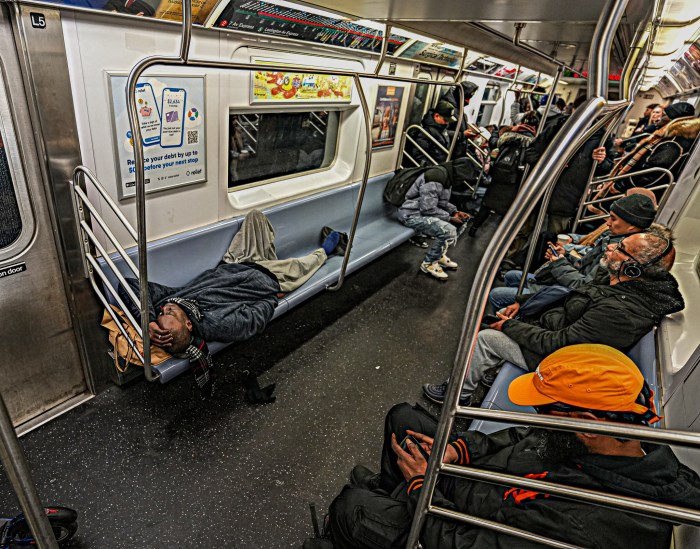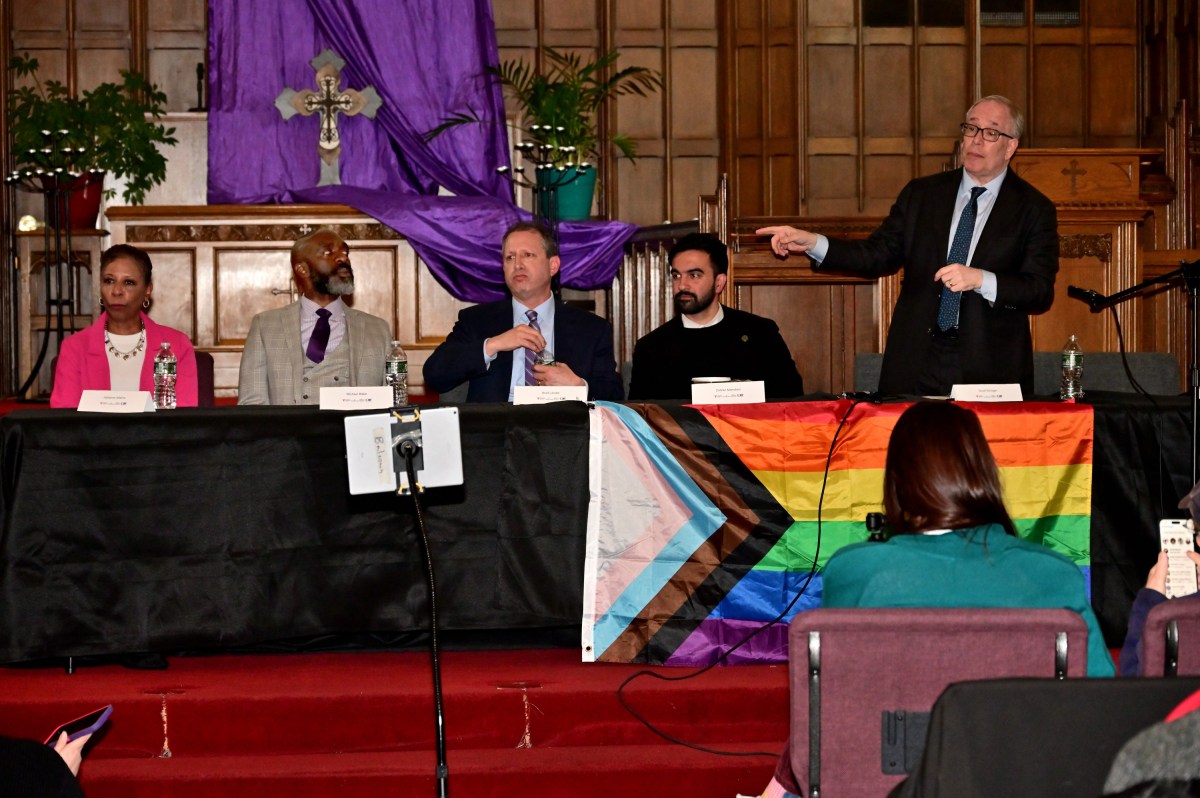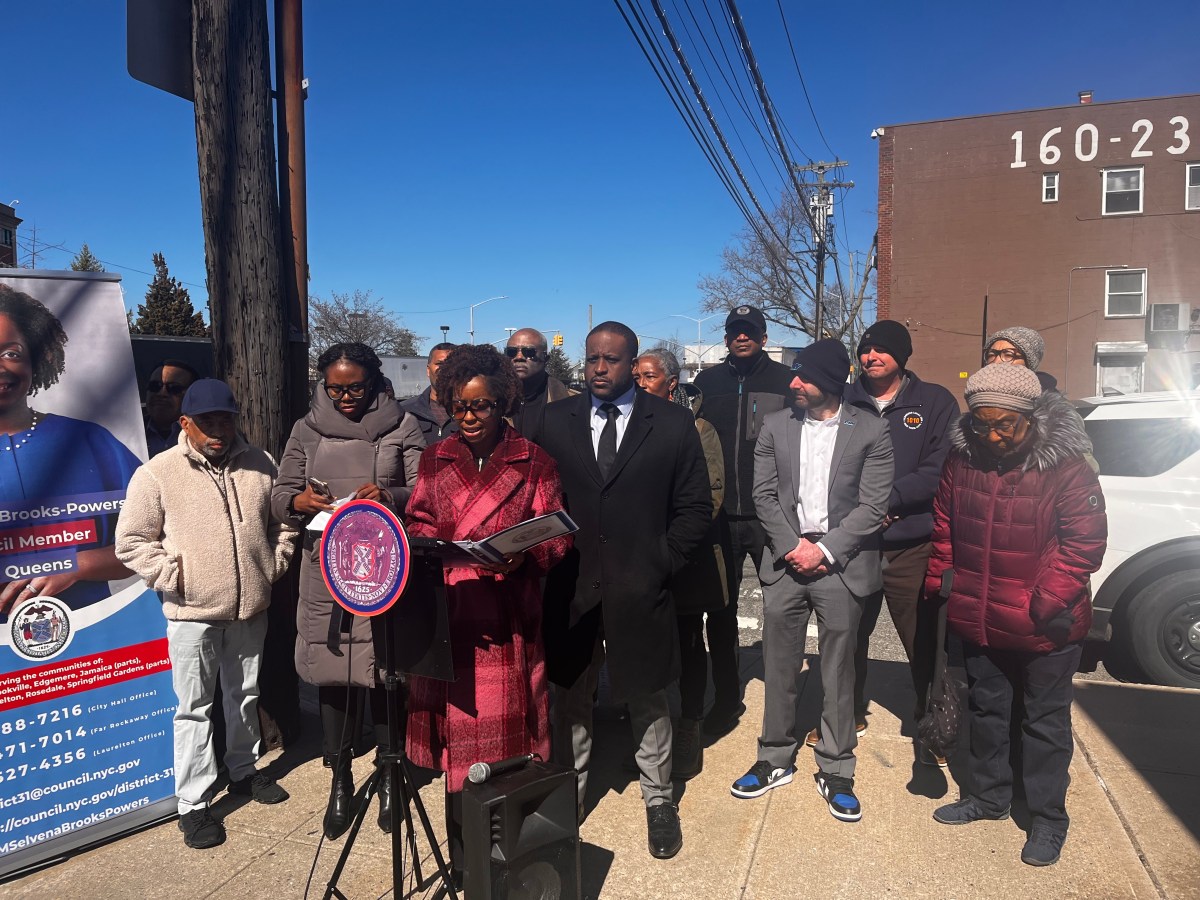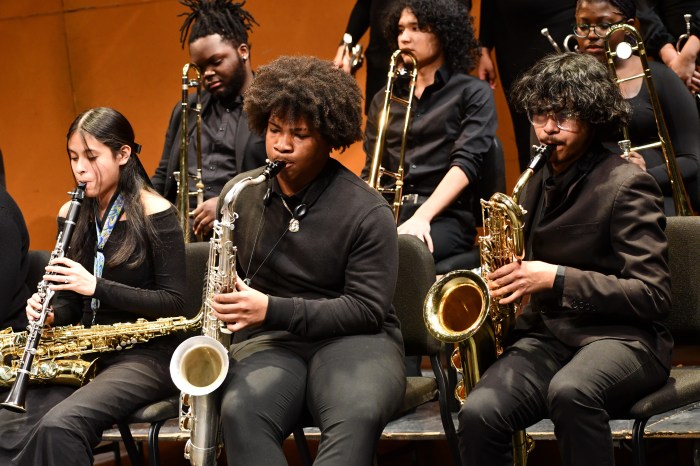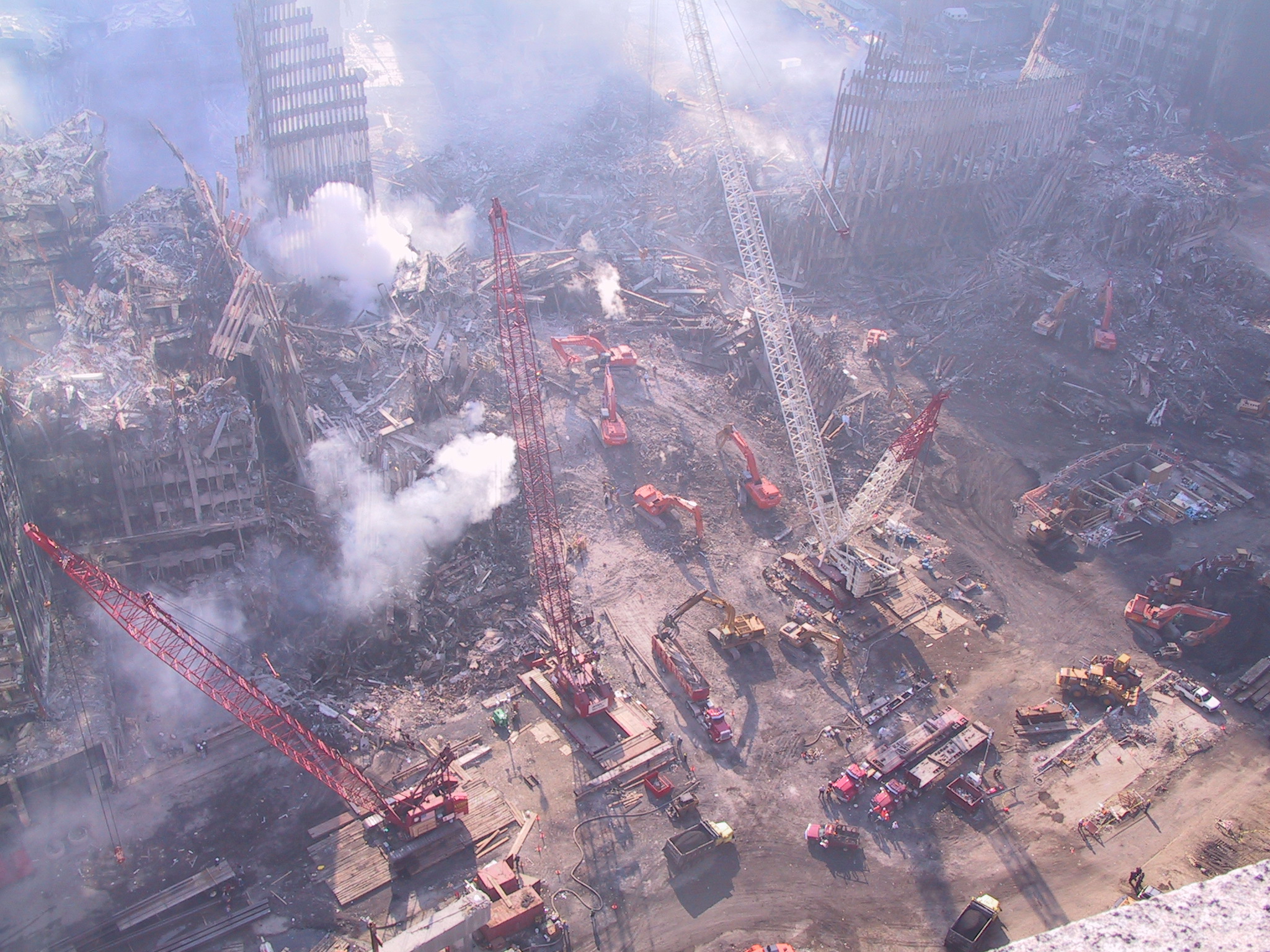
BY GABE HERMAN | A new study has found higher levels of cardiovascular disease among 9/11 first responders, and higher rates associated with spending more time at Ground Zero.
The study, published this month in JAMA (the peer-reviewed Journal of the American Medical Association), examined the health of nearly 9,800 New York City firefighters who first arrived at the World Trade Center site in the two weeks after 9/11. The study looked at their health between Sept. 11, 2001 and Dec. 31, 2017.
Incident rates of cardiovascular disease (CVD) were found to be higher with greater WTC exposure, and those who arrived earliest at the site had 44 percent higher rates for the disease than those arriving later.
“Similarly,” the study noted, “those who worked at the WTC site for 6 or more months vs those who worked less time at the site were more likely to have a CVD event.” The increased likelihood was by 30 percent, the study said.
The study noted that after the 9/11 attacks, the WTC site and surrounding Lower Manhattan area had a big dust cloud, “and created a hazardous environment for first responders, workers, and area residents.” Previous CVD studies have linked the disease generally to environmental particulate matter based on peoples’ exposure to air pollution or traffic exhaust.
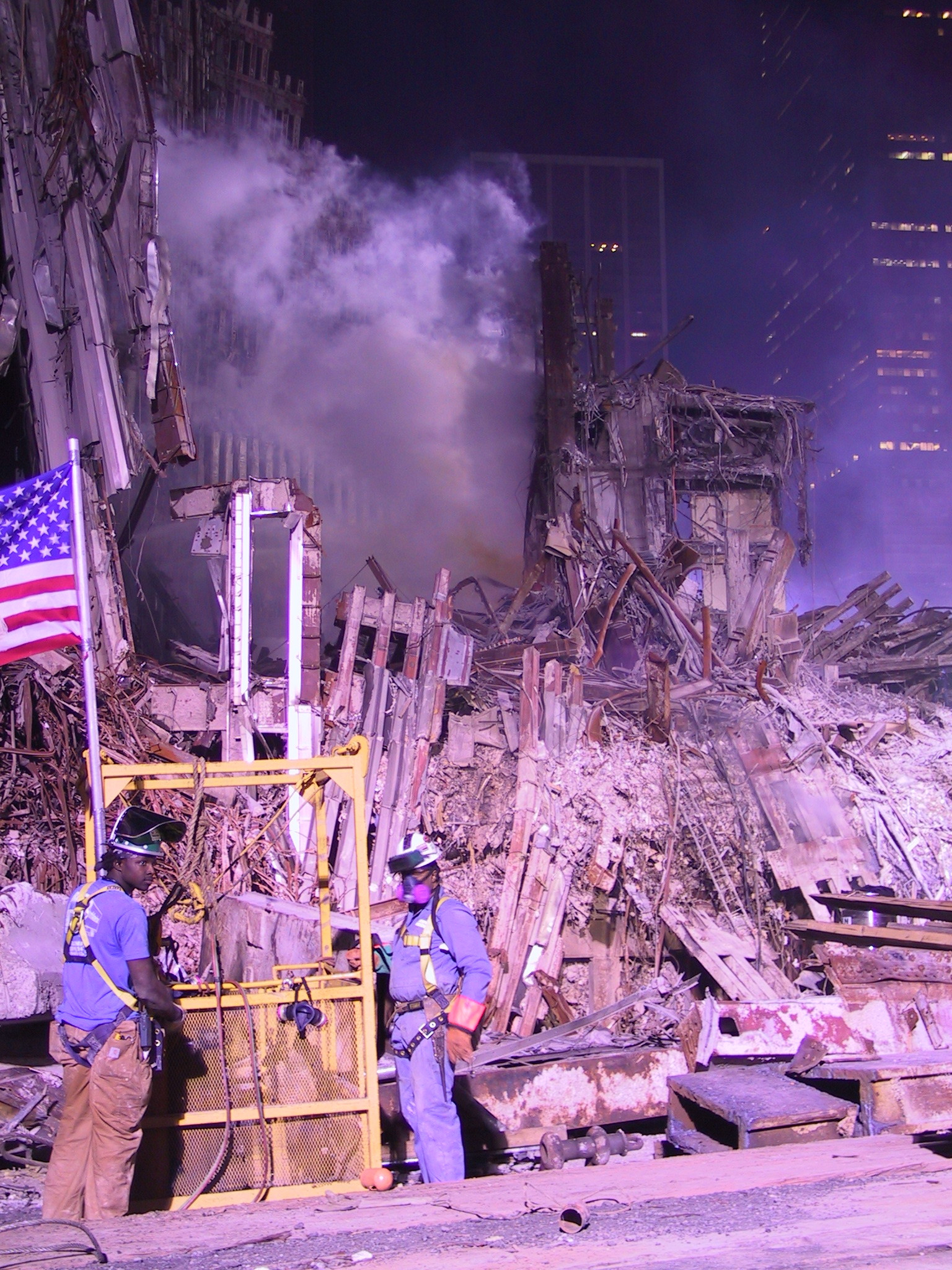
“Among residents of neighborhoods exposed to WTC dust,” the study said, “CVD-related hospital admissions increased soon after 9/11.”
Other studies have shown WTC exposure to be associated with obstructive airways disease, sinus disease and other conditions including PTSD. There are now 68 cancers linked to 9/11 among first responders and the nearby Lower Manhattan community, according to attorney Michael Barasch. He said he wasn’t surprised by the new study’s findings about CVD.
Barasch’s firm, Barasch & McGarry, represents 15,000 people in the 9/11 community.
“A lot of them have had heart issues over the years,” he said.
The WTC Health Program will have to agree with the study’s finding for CVD to be eligible for compensation, Barasch noted. “So we’re a way’s away, but this is the first step,” he said.
Former FDNY Deputy Chief Richard Alles, one of the thousands of first responders who worked at Ground Zero following 9/11, also said he wasn’t surprised by the study’s conclusions about CVD.
“I’ve always suspected the heart would be an issue that is 9/11-related,” Alles said, adding that the stress of being a first responder could be another possible contributor to heart problems.
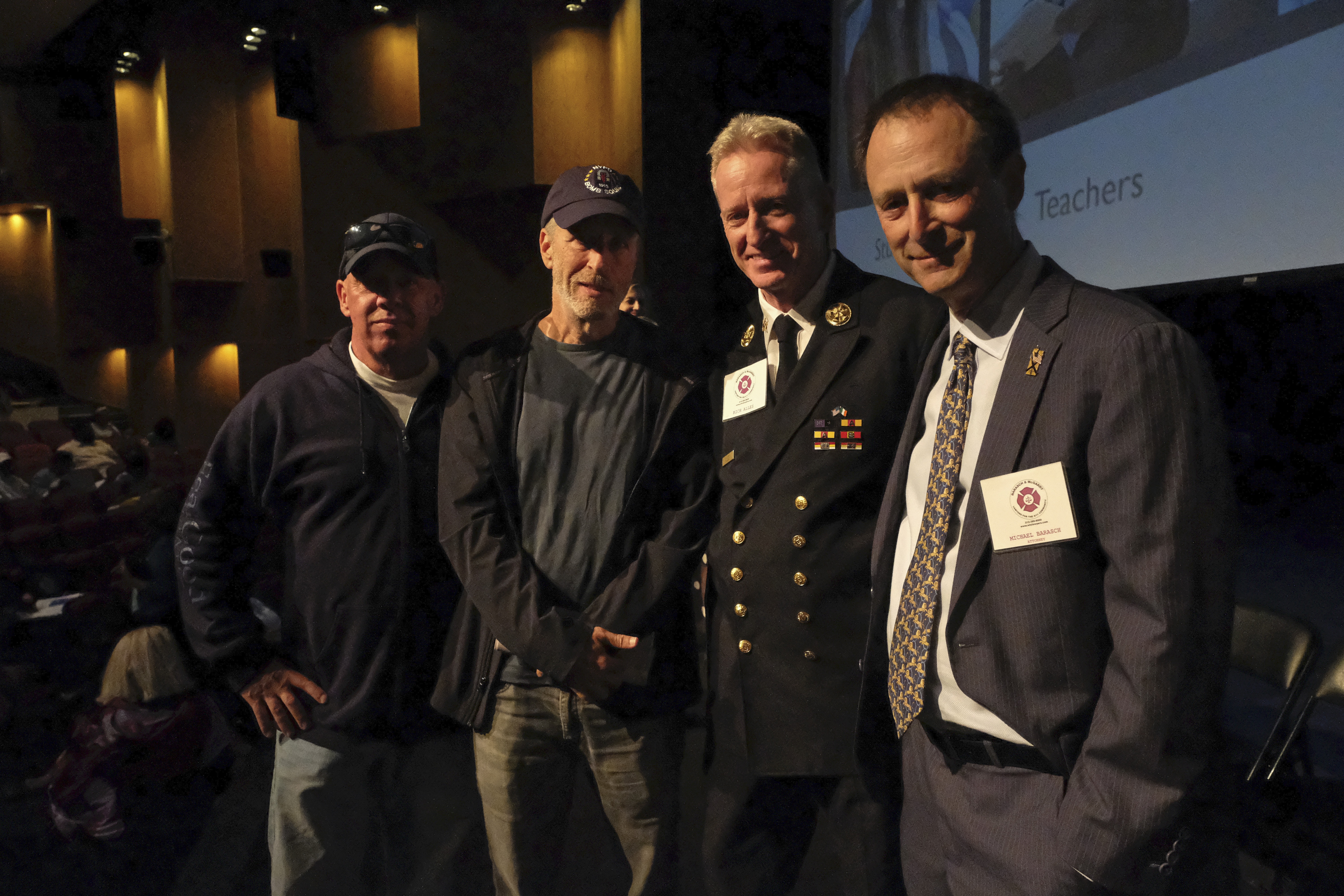
Alles noted that previous health studies have led to cancers being directly linked to WTC exposure and then added to the list of diseases that people could be compensated for. “I can hopefully envision this heart study having the same impact,” Alles said, “leading to coverage of heart problems.”
Alles and Barasch have been trying to spread the word among the Lower Manhattan community about access to free healthcare for those exposed to WTC toxins, including at a Sept. 16 informational seminar at BMCC just blocks from the World Trade Center.
Part of their message is that the 9/11 Victim Compensation Fund is for everyone in the community. “Many still think the Fund is just for first responders,” Barasch said. “So it is all about an informational campaign.”
People can learn more about eligibility for the Victim Fund at 911victims.com.



